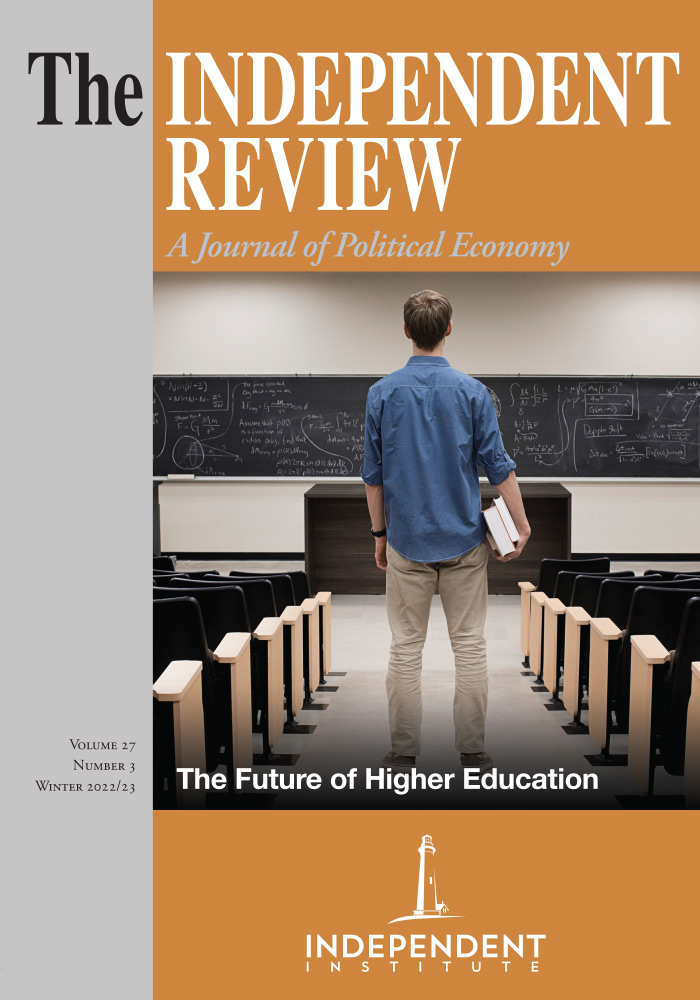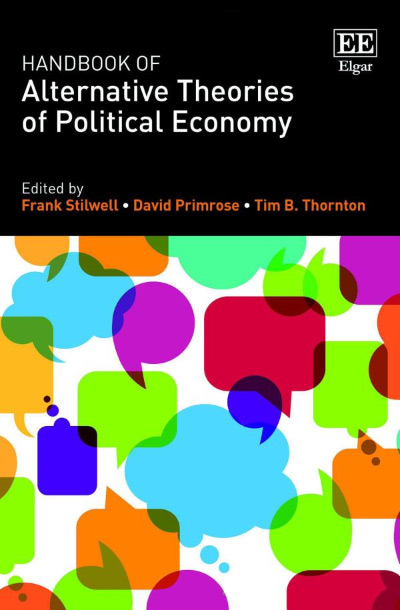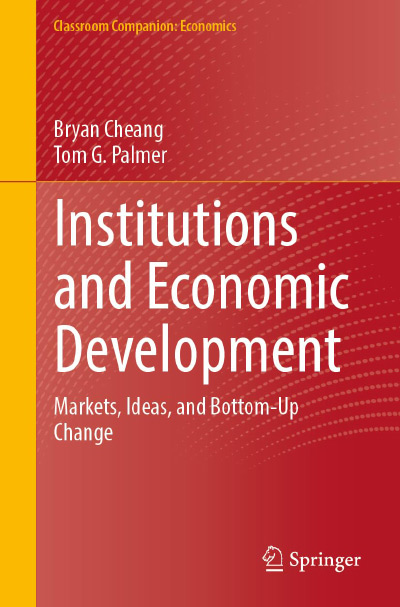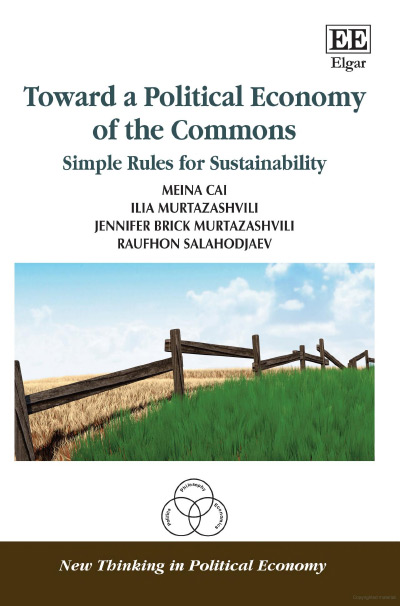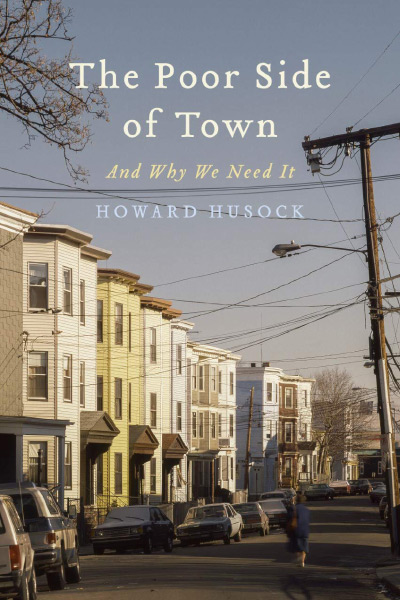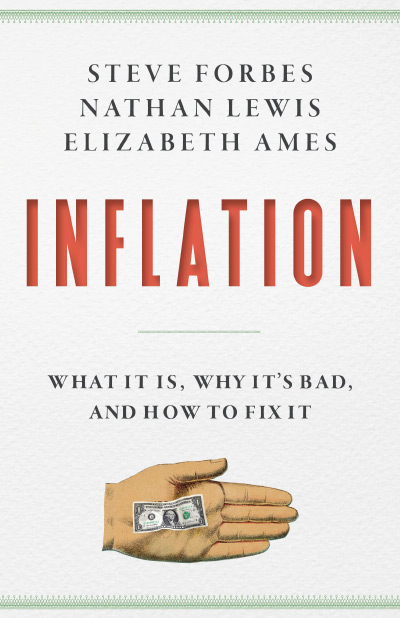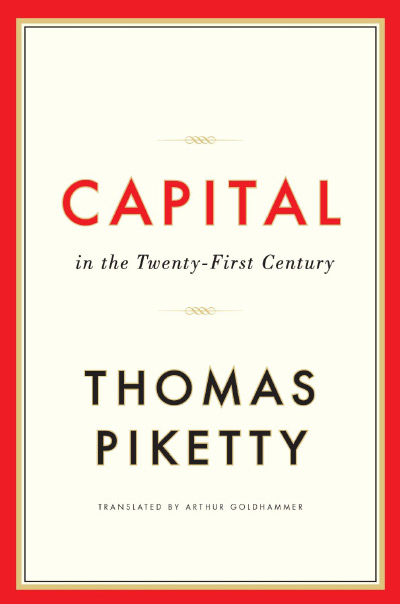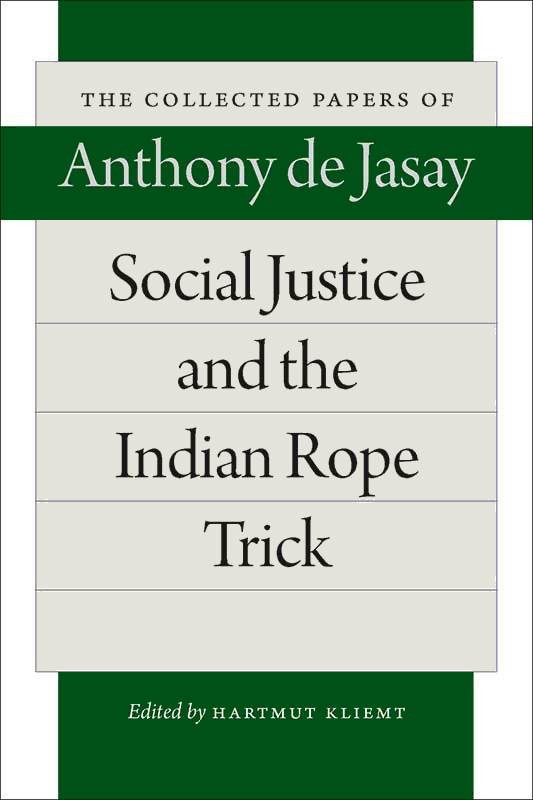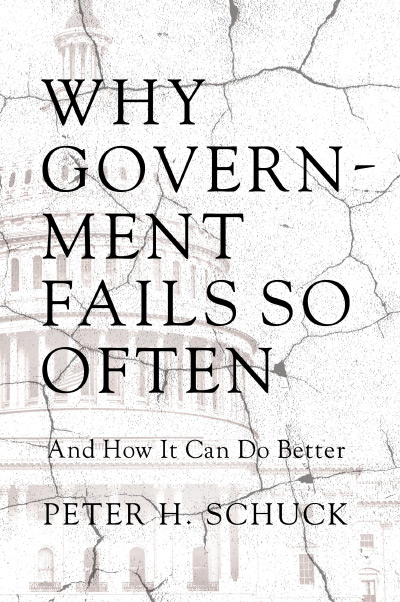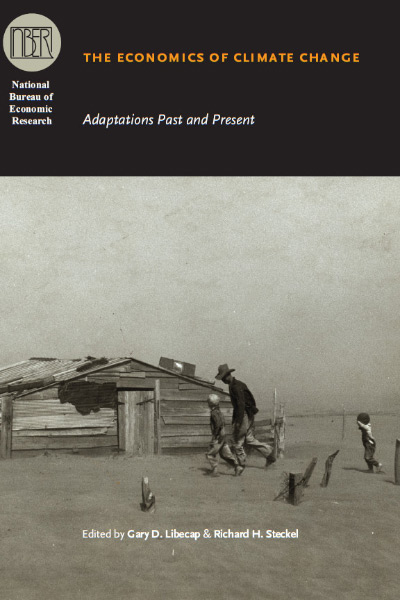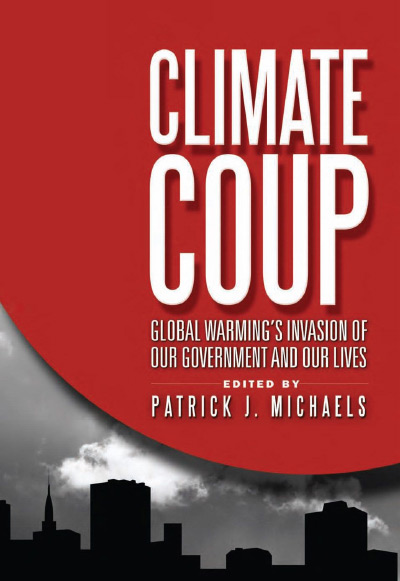This volume provides a very comprehensive overview of, as the title says, alternative theories of political economy in thirty-two chapters. Each chapter is devoted to a specific concept or theory of political economy. Most chapters take a left-leaning and anti-free market point of view and are critical of the neoclassical approach to economics that became the dominant mainstream approach in the twentieth century.
The editors make it clear in the introductory chapter that they are not fans of methodological individualism. They say, “Indeed, just bringing in political considerations deepens the problems if the political analysis adopts the methodological individualism of neoclassical economics. Such is the case with ‘public choice’ theory, as promulgated by the Virginia school and others” (p. 2). Given the book’s early recognition of public choice and the Virginia school as theories of political economy, it is noteworthy that there are no chapters covering public choice or the Virginia school.
Chapter 2, “Capitalism, Climate Change, and Freedom,” discusses policies to mitigate climate change, and says “Capitalism is a system that destroys life: we need one that honours and protects it....The unfolding global struggle is about more than overcoming capitalism. In a longer-term view of human history, capitalism is just a relatively recent expression of the dominant way of exercising violence and committing crimes against human and nonhuman beings” (p. 25). Marxism, post-Keynesian economics, and feminist political economy have chapters devoted to them.
Other chapters that have a heavily Marxist orientation include “Social Structures of Accumulation,” which explains that accumulation is “eventually undermined by class conflict, capitalist competition, and the process of accumulation itself” (p. 188). A chapter titled “Capital as Power” describes “capital as social power represented in the monetary capitalization of income-generating assets” (p. 201). A chapter titled “A Social Property Relations Approach to Class, Gender, Race” tells readers that “analyses of the historical emergence of capitalism as well as its contemporary manifestations reveal that racial domination and general oppression are central constitutive underpinnings in the makings of capitalism” (p. 310). A chapter titled “The Diverse Economies Approach” says “The grounds of this Diverse Economies Approach are squarely located in nineteenth-and twentieth-century Marxian and feminist theory...For all of us interested in alternative theories of political economy, the famous Marxist adage that we seek to understand the world in order to change it remains a driving motivation” (p. 329).
While most of the chapters have a clear left-leaning slant, there are some exceptions. A chapter on “The Austrian School of Economics” gives a good overview of the reasons why that school supports free markets, and a chapter on “Behavioural Economics and Neuroeconomics” gives an accurate account of those areas, albeit with good criticisms regarding why these areas do not do a good job of accounting for social phenomena and concluding that Marxism has insights to add in this area.
A chapter on “Institutional Political Economy” focuses on the old institutional economics of scholars such as Thorstein Veblen, John R. Commons, and John Kenneth Galbraith, and explicitly so, rather than the new institutional economics of Oliver Williamson and Douglass North. I am a fan of the new institutional economics, but this chapter makes a very good case that economic analysis would be richer if it incorporated more insights from the old institutionalists.
The chapter on “Evolutionary Political Economy” offers a discussion and critique of the area, including a critique of Richard Nelson and Sidney Winter’s An Evolutionary Theory of Economic Change (1982, Cambridge, Mass.: Harvard University Press) which is surely the best-known work in this area. The criticisms are well-taken and the chapter gives readers a good understanding of this theory of political economy.
A chapter on “Ecological Economics” offers an overview of that subject area, including a discussion of different views on sustainability and shortcomings within the current research program. The chapter offers suggestions for further development of the area, focusing on how economics as a discipline could be enhanced rather than offering specific policy recommendations, as is appropriate for a volume of this type.
A few chapters highlight the ideas of particular individuals, including Karl Polanyi, Henry George, and Piero Sraffa. Neo-Schumpeterian economics (NSE) also has its own chapter, which focuses on the innovative aspects of the economy, which explains why neo-Schumpeterians tend to be optimistic about the economic future. The chapter ultimately finds shortcomings in NSE, saying that there is “evidently a need for reorientation of NSE, focusing on the new economic, social, and environmental challenges generated by contemporary capitalism” (p. 168).
The book’s final chapter, “Progressive Economics and Social Change Movements,” ties these alternative theories of political economy to activist movements that promote social change. The chapter describes the impact of progressive policy institutes and presents a table listing twenty-four progressive economic research institutes that are having an impact worldwide. The ideas in the volume are intended to be more than just theories, this chapter emphasizes. They are a call to action, to engage in “the real-world policy and political struggles that will determine the course of our economy and our society” (p. 476). The book focuses on left-leaning policy organizations and does not note any organizations (such as the Independent Institute) that are influencing public policy by working against the anti-free market ideas that the authors in this volume are promoting.
Many readers of The Independent Review will be more sympathetic toward free markets and capitalism than most writers in this volume. The value of this volume to those readers is that it will provide them with a good understanding of the left’s views on political economy. Readers who are uncertain about what constitutes “Feminist Political Economy” will find a chapter with that title. Readers unfamiliar with “Social Economics” will likewise find a chapter with that title.
Although the book has a clear left-leaning slant, it is likely to have more value to those who lean to the political right, as a good introduction to the basics of left-leaning perspectives on political economy. People who promote a particular set of public policy ideas are most effective when they are familiar with arguments on the other side. I will stop short of saying this book is a must-read for anyone, but for people unfamiliar with different left-leaning perspectives on political economy and who want to understand them, this book will provide a good introduction. Each chapter is written by someone who identifies with the chapter’s perspective on political economy and is knowledgeable about it. Each chapter has a list of references for those who want to know more.
As an academician, I find the book to be a solid and informative scholarly contribution. At the same time, as an academic economist myself, I find the book’s anti-market, anti-capitalist message to be quite alarming. The authors of these chapters are academicians who are passing these ideas on to the world’s college students. (The book’s forty-two authors—some chapters are co-authored—come from a wide variety of nations.) The ideas they are promoting attack the institutions that have provided mankind with unprecedented prosperity over the last several hundred years.
Today, people around the globe enjoy increasing material well-being, unprecedented wealth, increasing life expectancy, reduced infant mortality, greater educational opportunities for all, greater economic and political opportunities for women, advances in health care, and really, improvements in human welfare however one wants to measure it. Yet the authors of this volume promote theories that seek to undermine the system that has done so much to improve human well-being. Keep in mind that the authors are not journalists or poorly-informed citizens. They are scholars who have based their chapters on an extensive amount of academic literature.
My alarm is not so much about the volume itself, but that its authors (and others) populate our institutions of higher education and promote these ideas to the next generation of global citizens. These ideas are dangerous, as residents of the former Soviet Union and Eastern Europe found out in the twentieth century, and as the residents of North Korea and Venezuela are finding out today. I am confident that those authors would strongly disagree with my assessment. Meanwhile, promoters of free markets and freedom more generally can pick up this book to see what they are up against.
| Other Independent Review articles by Randall G. Holcombe | ||
| Spring 2024 | Privatize the Public Sector: Murray Rothbard’s Stateless Libertarian Society | |
| Winter 2023/24 | Rethinking Economics as Social Theory | |
| Spring 2023 | Generation Gap: Why Baby Boomers Still Dominate American Politics and Culture | |
| [View All (24)] | ||

